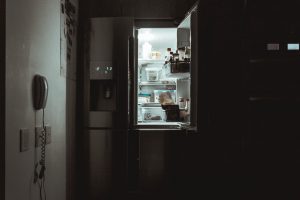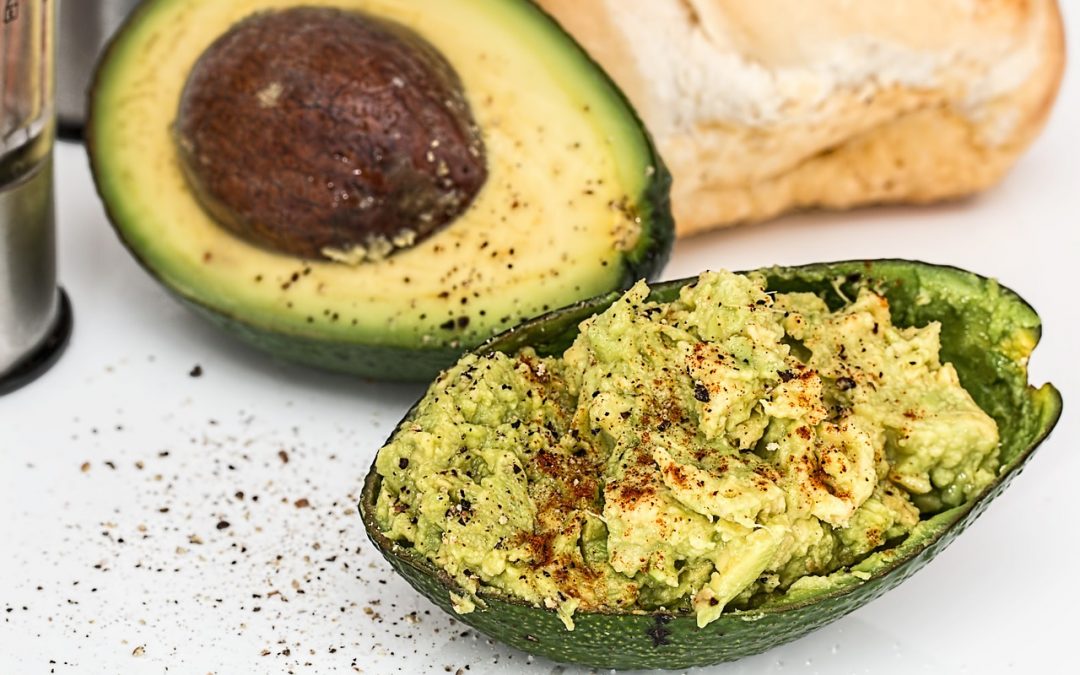The relationship between fasting and headaches has long been studied and most of us know from personal experience that missing meals can be a major migraine trigger.
A fasting headache most often presents as a non-throbbing, mild to moderate pain localized in the forehead. It can feel more like a tension headache than a migraine initially but escalate into or essentially trigger a migraine in the end.
If you are prone to headaches in general you are more likely to be susceptible to fasting headaches and if you suffer from hypoglycemia or low blood sugar you are at an even higher risk.
A recent study showed that nighttime snacking can significantly decrease your odds of experiencing a headache and has the potential to be a key component in migraine management.
The Study Details
The study explored the effects of eating behaviors on new onset headaches, associating nighttime snacking with a 40% reduction in the odds of experiencing a headache compared to fasting (p = 0.013).
That being said, eating a late dinner was associated with a 21% reduction in the odds of headache when compared to no additional food, but this association was not statistically significant (p = 0. 22).
The study states that “Although no causal relationship can be established, these results indicate that further research into the mechanisms of the association between eating behaviors and headache activity is warranted.”
The Good News
It may take planning ahead, but consistent eating habits are a practical and achievable part of headache management. It’s easy to get caught up in the hustle of your weekly work grind and forget or simply not have the time to eat.
Make sure to stash healthy snacks in your car/bag/desk so you are never without food and less likely succumb to the temptation of sugary treats. (List of our 10 favorite on-the-go snacks.)
What about Intermittent Fasting Diets?
With the increase in popularity of intermittent fasting diets, it’s important to take into account that should you participate, your body may have negative reactions when adjusting to it’s new metabolic cycle.
If you see a spike in the frequency of your headaches initially, you will have to decide if it is an adjustment period or if fasting isn’t right for you at this stage of your healing journey.
Also, let’s distinguish between intentional intermittent fasting diets, done with care and attention to food choices and skipping meals due to being unprepared or “busy”.
How do I avoid Fasting Headaches?
This particular study revealed that regulated eating habits, excluding fasting, may have the potential to reduce the occurrence of headaches. If nothing else, the results showed that incorporating consistent eating behaviors has the potential for increased headache management.
 If your fasting is an unintentional result of a busy lifestyle it might be worth your time to do some self experimentation with planning out meals and snacks more carefully, consider a meal prep or delivery service or recruit help from family members.
If your fasting is an unintentional result of a busy lifestyle it might be worth your time to do some self experimentation with planning out meals and snacks more carefully, consider a meal prep or delivery service or recruit help from family members.
If you have noticed you get headaches when you skip meals and are also prone to getting migraines in the middle of the night, take care to avoid blood sugar spikes in the evenings by avoiding alcohol and desserts, having a balanced evening meal with lots of fresh veggies and healthy fats and protein and possibly even an evening snack.
For an analysis of what may be leading to unstable blood sugar (hormones, gut health, liver health, genetics) – set up a case review to start looking at the underlying issues that impact your bodies capacity to handle fasting. (Start Here)
Referenced study: https://www.sciencedirect.com/science/article/pii/S0967586813005365




This is such an informative article! I love how you connect headaches with our eating habits! Saving this for future reference!
Thanks so much for sharing this! I’ve been shying away from trying fasting because the last time I did it, I felt terrible. Now I can see that I was just doing it wrong!
When I quit sugar and it was out of my system, I felt amazing. My blood sugar was not going crazy and I didn’t feel as stressed!
Sugar does exert lots of unhealthy impacts to your body. I even found myself sleep better after taking less sugar.
This is a very helpful post. I do suffer from migraine headaches and I have been trying to find out what my stressors or triggers are. I must cut down on sugary snacks. Seems like everytime I feel hungry, they are the ones I reach for.
This is interesting. I have awful migraines I’ve been on preventative meds for for over 12 years and I still get them awful and headaches weekly.
This is great information and I have several migraine sufferers that I plan on sharing it with. Any tip that might help is worth checking out.
Hi Sara, you are welcome to share these tips with them. I hope this can help them find some relief.